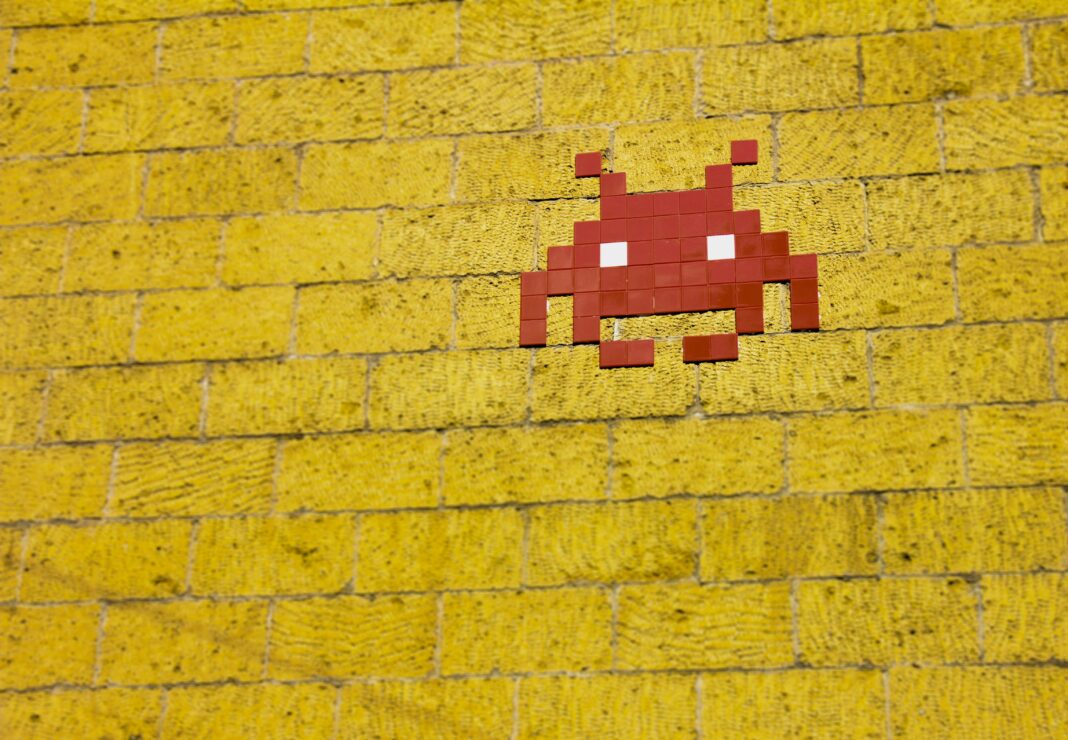The video game industry has undergone a fundamental transformation in how games are created, marketed, and sustained over time—and at the heart of this change are gaming communities. No longer just groups of passive players, these communities now actively participate in game development, influence purchasing decisions, drive competitive gaming scenes, and even extend the lifespan of games through mods and user-generated content. Their collective voice has become so powerful that major studios now design games with community feedback in mind from the very beginning.

This deep dive explores exactly how gaming communities are reshaping the industry, from early-stage development to post-launch support and beyond. We’ll analyze real-world examples of games that succeeded (or failed) based on community reactions, examine how streaming and esports have created new forms of player-driven economies, and discuss both the positive and negative aspects of highly engaged fanbases.
The Critical Role of Gaming Communities in Modern Game Development
From Closed Development to Open Collaboration
In the past, game studios operated behind closed doors, releasing fully finished products with little to no external input until launch. Today, the process is far more collaborative. Developers now engage with players throughout production via:
- Early Access programs (Steam Early Access, Xbox Game Preview)
- Public beta tests (technical stress tests, demo weekends)
- Discord & Reddit AMAs (direct developer-to-player Q&A sessions)
- Community feedback loops (voting on features, reporting bugs)
This shift has led to games that better align with player expectations. For example:
- Baldur’s Gate 3 spent nearly three years in early access, with Larian Studios refining gameplay based on player critiques. The result was one of the most polished RPGs ever made.
- Hades by Supergiant Games used early access to perfect its roguelike mechanics, leading to widespread acclaim at launch.
- Cyberpunk 2077’s disastrous launch forced CD Projekt Red to overhaul the game entirely, with major updates being shaped by player complaints.
How Developers Use Community Feedback to Iterate
Studios now treat players as co-developers in many ways. Some key methods include:
- Bug Reporting & Hotfixes
- Games like Rainbow Six Siege and Apex Legends rely on players to identify glitches, which are then patched in real-time.
- Balancing Adjustments
- Competitive titles (Valorant, League of Legends) tweak characters and weapons based on player win-rate data.
- Content Roadmaps Influenced by Demand
- Genshin Impact and Fortnite introduce new characters/events based on what the community requests most.
The Risks of Over-Reliance on Community Feedback
While player input is valuable, it can also lead to:
- Design by committee (games losing creative vision by trying to please everyone)
- Toxic backlash (harassment of developers over unpopular changes)
- Short-term thinking (focusing on quick fixes rather than long-term innovation)
The most successful studios strike a balance—listening to players while maintaining a clear creative direction.
Streaming, Content Creation, and the Power of Influencers
How Twitch and YouTube Dictate Game Popularity
Streaming platforms have become the most powerful marketing tool in gaming. A single popular streamer playing an indie game can trigger a domino effect:
- Among Us was a niche title until streamers like Pokimane and xQc made it viral.
- Valheim sold 5 million copies in a month largely due to Twitch exposure.
- Palworld shattered records after streamers highlighted its bizarre mix of Pokémon and survival mechanics.
The Rise of “Meta Gaming” and Community-Driven Strategies
Competitive games live and die by their metas—the most effective strategies at any given time. These are often shaped by:
- Pro players and streamers testing new tactics
- Community data aggregators (Tracker.gg, OP.GG)
- Reddit and Discord theorycrafting
For example:
- League of Legends patches frequently adjust champions based on what’s dominating ranked play.
- Counter-Strike 2’s weapon balance changes often follow pro player feedback.
The Business of Content Creation
Successful gaming communities don’t just play—they create. Modders, meme-makers, and guide writers all contribute to a game’s ecosystem. Some even turn it into careers:
- Speedrunners (like Dream in Minecraft)
- Lore theorists (digging into Dark Souls or Elden Ring mysteries)
- Challenge runners (Nuzlocke Pokémon players)
This organic content keeps games relevant long after release.
Esports: How Competitive Gaming Communities Built an Industry
From LAN Parties to Stadium Events
Esports was built from the ground up by players. Early tournaments for StarCraft and Counter-Strike were organized by fans before becoming official. Now:
- League of Legends Worlds sells out arenas globally.
- Dota 2’s The International has prize pools exceeding $40M (crowdfunded by players).
- Call of Duty League follows a franchise model like traditional sports.
How Communities Sustain Esports
- Grassroots tournaments (online qualifiers, local LANs)
- Viewer engagement (Twitch chats, pick’em predictions)
- Fantasy leagues & betting (DraftKings, Betway)
Without passionate players, esports wouldn’t exist.
User-Generated Content: When Players Become Developers
Modding Communities That Revolutionized Games
Some of gaming’s most iconic titles began as mods:
- Counter-Strike (Half-Life mod)
- DOTA (Warcraft 3 mod)
- DayZ (ARMA 2 mod)
Today, modding extends games indefinitely:
- Skyrim remains popular after 13 years thanks to mods.
- Minecraft modpacks create entirely new gameplay experiences.
Platforms That Empower Creativity
- Roblox (70M daily players building games)
- Dreams PS4 (user-made horror games, animations)
- Fortnite Creative Mode (custom maps with millions of plays)
This trend is only growing—soon, AI tools will let players generate content even faster.
The Dark Side: Toxicity, Cheating, and Community Management Challenges
Dealing with Toxic Behavior
- Overwatch 2’s voice chat bans
- Riot’s VALORANT text filters
- Final Fantasy XIV’s strict moderation
The Eternal War Against Cheaters
- Call of Duty’s Ricochet anti-cheat
- CS2’s VAC Live bans
- Apex Legends hardware bans
When Communities and Developers Clash
- Blizzard’s Diablo Immortal backlash
- Battlefield 2042’s failed redemption
- Halo Infinite’s content drought protests
FAQ: The Unavoidable Influence of Gaming Communities
Q: Can a game fail just because of its community?
A: Absolutely. Artifact by Valve died due to player rejection, while No Man’s Sky survived by rebuilding trust.
Q: Do developers actually listen to Reddit/Twitter complaints?
A: More than you’d think. Destiny 2’s weapon sunsetting reversal proved this.
Q: What’s the most community-driven game ever?
A: Warframe—its entire development is based on player councils and polls.
Conclusion: The Future Is Player-Led
The next era of gaming will be defined by deeper community integration. Expect:
- More games designed for modding/creation
- AI tools letting players generate NPCs/quests
- Blockchain enabling true player-owned economies
One thing is certain: studios that ignore their players will fail, while those that embrace them will thrive.

